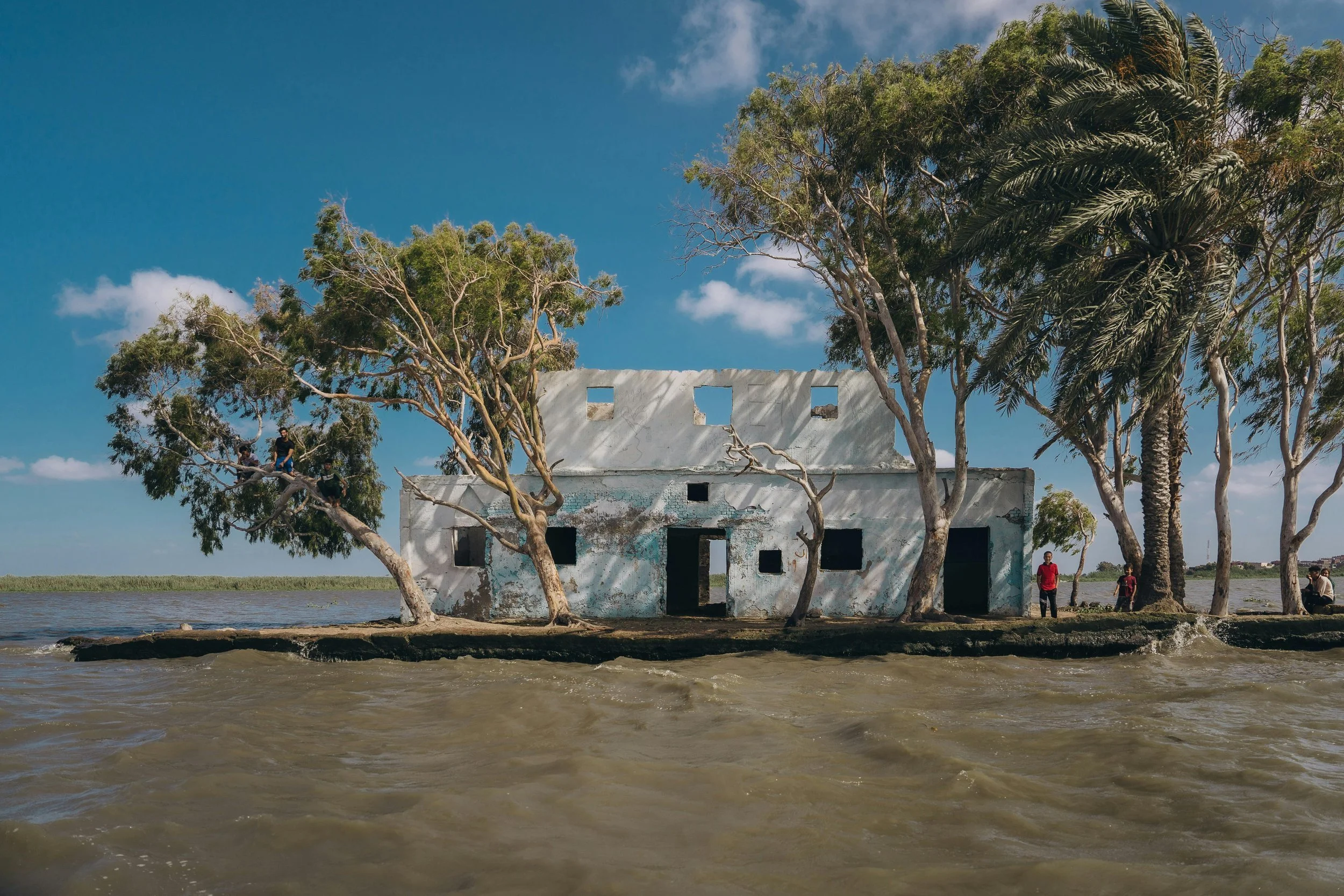Section 18.1 Insurance Termination: What to Do When a Property Suffers Damage Before Closing
For homeowners engaged in the intricate process of buying or selling property in Colorado, the period between contract execution and the final closing can feel like a nail-biting waiting game. While most transactions proceed smoothly, an unexpected event—such as a fire, flood, or other significant damage to the property—can throw the entire deal into disarray. Many are unaware that this is precisely where Section 18.1 of the Colorado Real Estate Commission's standard Contract to Buy and Sell Real Estate becomes a crucial, yet often overlooked, provision, risking significant financial loss or a derailed transaction.
The implications of not understanding your rights and obligations under Section 18.1 are substantial for both buyers and sellers. This clause dictates critical aspects like insurance claims, repair responsibilities, and termination options in the event of pre-closing property damage. Without this knowledge, parties can find themselves in contentious disputes, jeopardizing their financial well-being and the successful completion of the sale. GLO specializes in guiding Colorado homeowners through these unfortunate circumstances, ensuring you understand this vital contract provision to protect your interests and navigate unexpected damage with clarity and confidence. The Technical and Risky Fallout of Property Damage Pre-Closing
The occurrence of property damage between contract signing and closing introduces a complex web of technical requirements and potential risks for homeowners. Section 18.1 is designed to address these scenarios, but its nuances can easily be misunderstood, leading to disputes, financial burdens, or even the collapse of the sale.
Seller's Responsibility and the "Ten Percent Rule": A Crucial Threshold
Under Section 18.1 of the Colorado Contract to Buy and Sell Real Estate, if a property suffers damage prior to closing—whether from fire, flood, or other insurable events—the primary responsibility for addressing that damage typically falls to the seller. This obligation holds true even if the damage occurs after the contract has been signed. A critical technical threshold in this section is the "ten percent rule": if the cost of repairs is less than or equal to ten percent of the property's purchase price, the seller is generally held responsible for making "reasonable steps" to repair the damage using available insurance proceeds. This means the seller must actively pursue their insurance claim and oversee the repair process to restore the property to its condition prior to the damage (excluding normal wear and tear).
The inherent risk for a seller here is the unexpected financial burden and logistical challenge of managing repairs while simultaneously trying to close a sale. If insurance proceeds are insufficient to cover the full cost of "reasonable" repairs, the seller could be on the hook for the difference, potentially impacting their net proceeds from the sale. For buyers, the risk lies in the subjective interpretation of "reasonable steps" and the quality of the repairs. Without clear communication and oversight, a buyer might find themselves inheriting a property with subpar repairs or lingering issues. Conversely, if a seller fails to take these reasonable steps, the buyer gains powerful termination rights, but the process of enforcing those rights can be legally complex and time-sensitive.
Buyer's Exclusive Termination Rights and the Absence of Seller Options
A crucial asymmetry within Section 18.1 is that the buyer possesses exclusive termination rights in the event of pre-closing property damage, while the seller does not. This provision empowers the buyer with significant leverage. A buyer can terminate the Contract under two primary scenarios related to damage: first, if the seller fails to make "reasonable repairs" as required by the section; and second, if the cost of repairing the damage is greater than ten percent of the property's purchase price, regardless of the seller's willingness to repair. To exercise these termination rights, the buyer must provide written notice to the seller within the specific timeframes outlined in the Contract.
The technical risk for a buyer is failing to provide proper and timely written notification, which can lead to a waiver of their termination rights, leaving them contractually obligated to purchase a damaged property. For sellers, the risk is the unilateral nature of the buyer's termination rights, which can derail a sale even if the seller is committed to making repairs. This dynamic necessitates careful adherence to all contractual obligations and proactive communication. Furthermore, determining whether damage genuinely exceeds the ten percent threshold, or whether repairs are "reasonable," can become a contentious point, often requiring professional assessments and potentially leading to disputes over the earnest money if the parties cannot agree.
Navigating Delayed Repairs and Alternative Solutions at Closing
Despite best efforts, situations often arise where repairs cannot be completed in time for the scheduled closing date, perhaps due to delays in receiving insurance proceeds or difficulties in scheduling contractors. Section 18.1 anticipates these scenarios, offering pathways for homeowners to adapt. If repairs cannot be completed by closing, the seller might request an extension of the closing date to allow time for the work. However, buyers, particularly those with strict move-in deadlines or expiring loan commitments, may be unwilling to extend.
In such cases, the buyer has alternative options to proceed with the purchase without delaying closing, but these come with their own technicalities and risks. First, the buyer can request that the seller assign their right to the insurance proceeds to the buyer at closing. This arrangement, however, typically requires the acceptance of both the seller's insurance company and the buyer's lender, adding another layer of complexity. Second, the buyer can work with the seller to enter into a written escrow agreement at closing. Under this arrangement, the seller would agree to set aside a portion of their sale proceeds in an escrow account, covering the estimated cost of repairs (including the insurance deductible). This amount is capped by the purchase price and ensures funds are available for the buyer to complete the repairs after closing. The inherent risk for the buyer in either of these options is assuming the responsibility for completing the repairs, and potentially bearing the cost if the insurance proceeds are insufficient or the repair estimates prove too low. For both parties, structuring such agreements requires precise legal drafting to ensure all funds are properly accounted for and responsibilities clearly delineated, preventing post-closing disputes
How GLO Can Help
Property damage before closing can quickly complicate a real estate transaction. At GLO, our Colorado real estate attorneys provide critical guidance to protect your rights and keep your deal on track.
We advise buyers and sellers on their obligations under Section 18.1 of the Colorado contract—helping sellers manage repairs and insurance, and guiding buyers on termination rights and earnest money protection. If repairs delay closing, we assist with extensions, insurance proceeds assignments, or repair escrows. GLO also represents clients in disputes over damage, repairs, or insurance, ensuring fair and timely resolutions.
Please fill out an Intake Form to inquire about working with GLO.
GLO has prepared this blog to provide general information on legal issues that may be of interest. This blog does not provide legal advice for any specific situation and this does not create an attorney-client relationship between any reader and GLO or its attorneys. GLO engages clients only through specific signed fee agreements. GLO does not guarantee any results.
EXPLORE OUR CLIENT REVIEWS
Take a moment to read what our clients have said about their experience working with GLO.



